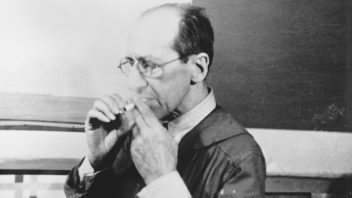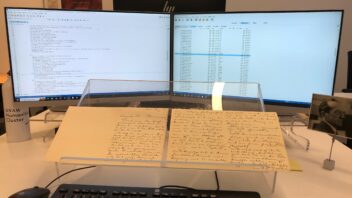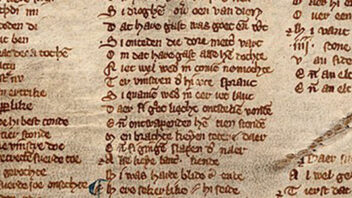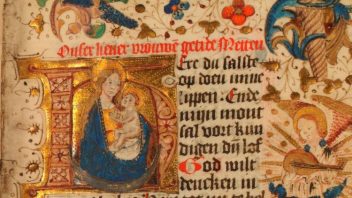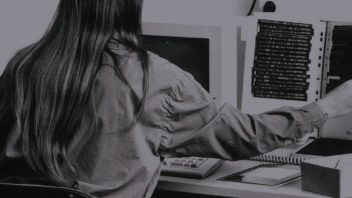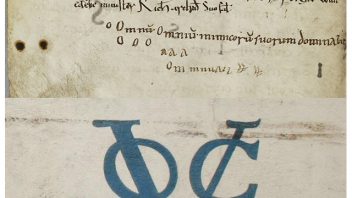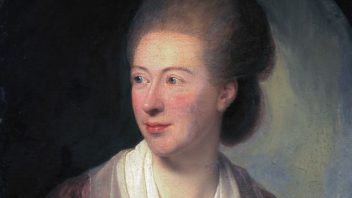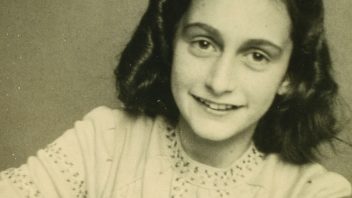Innovating Digital Editions
We create digital editions of texts and text corpora related to Dutch history, literature and culture to enable innovative text research. We do this by supporting and developing powerful, flexible and sustainable digital (experimental) tools for digital editions.
With our digital editions, we want to weigh and measure texts in new ways; combine them; compare them and provide them with context and depth; investigate patterns and relationships. In this way, we make old and fundamentally new research questions possible.
Expertise
What connects us is knowledge and experience in methods of editing that enable research, such as rich and layered annotation, research into text genesis and variation, network visualisation and linked open data. With this knowledge, we focus on supporting and developing powerful, flexible and sustainable digital editing tools. We develop these (experimental) tools ourselves or in collaboration with partners, such as the Digital Infrastructure department of the KNAW Humanities Cluster or a third party. By focusing on digital edition tools, we distinguish ourselves from researchers/research groups at universities, where DH-Labs have invested more in tools for linguistic and sociological research.
We conform to international standards and initiatives, such as TEI-XML, IIIF, LOD and OCR/HTR techniques. We agenda current and pertinent issues, such as interoperability and sustainability of digital editions.
Our expertise in text genres ranges from: (Middle) Dutch literature; correspondences of intellectuals and artists; and autobiographical work such as diaries. Their subjects span the time from Middle Ages to modern times. Our research is rooted in cultural theory, in which the social, cultural, intellectual and political environments are deeply interconnected. Therefore, we seek dialogue between different disciplines.
Ambitions
For our edition projects, we want to focus more on a social and cultural agenda in the future, for instance by looking more actively for marginalised voices in our literary and cultural history.
It is also our ambition to perpetuate and expand collaborations with universities and other educational institutions. We teach, offer internships, organise workshops and tutorials for (digital) editing and develop educational materials. Besides an academic audience, we want to reach a wider audience with creative and appealing spin-off results and products.


